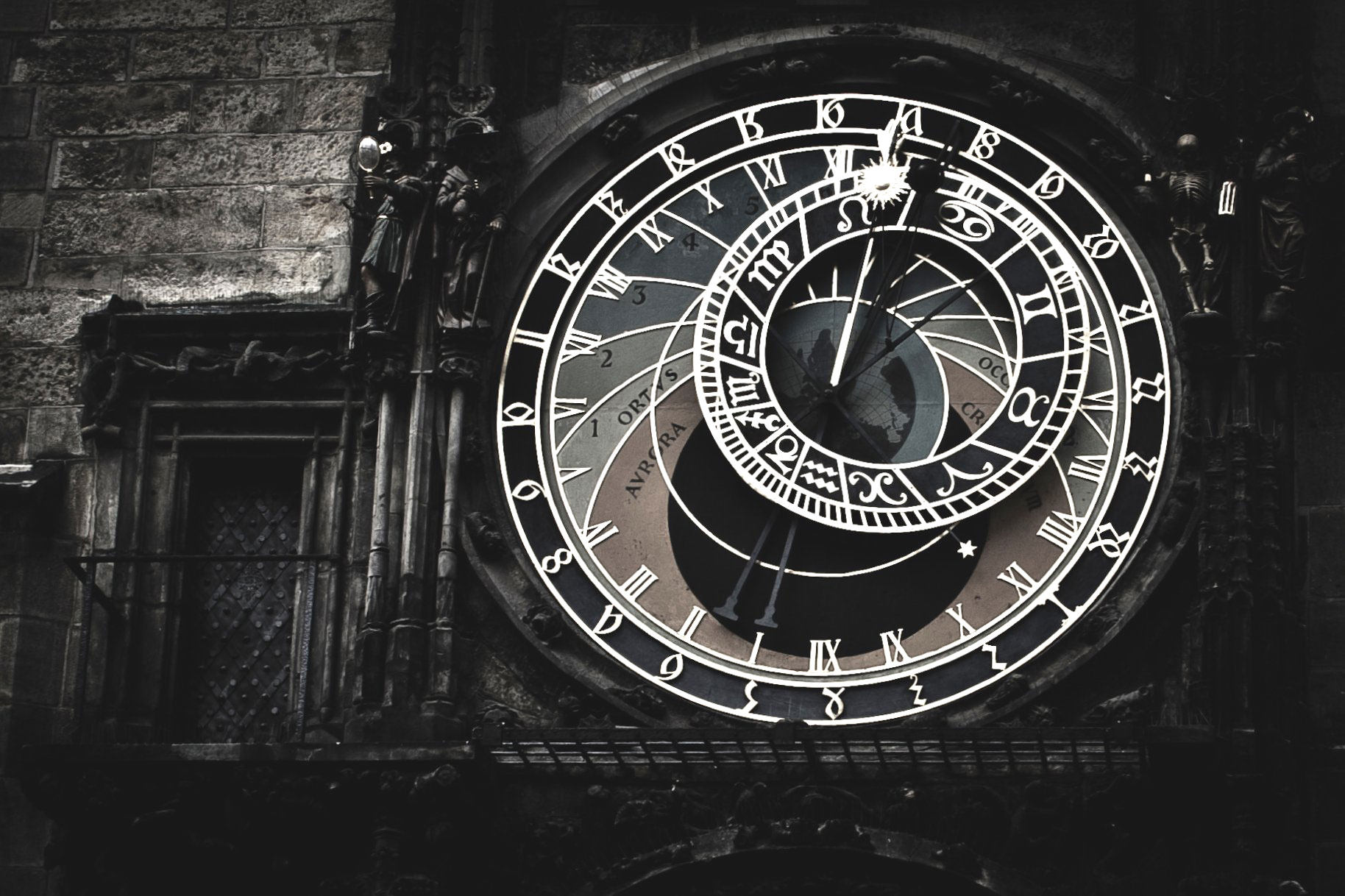Rotman Summer Institutes bring graduate students together with exceptional faculty from around the world to focus on a topic of special interest. The Rotman Summer Institute of 2018 will be aimed at promoting understanding of and research in issues in the philosophy of cosmology. It will be held from June 11 – 20, 2018, in a picturesque setting on the eastern shores of Lake Huron.
The two-week-long Summer Institute will consist in a series of lectures and seminar-style discussions, aimed both at surveying the current state of research in cosmology, and at discussing foundational issues. These lectures and discussions will be led by philosophers and cosmologists. Several roundtables and open discussion sessions will be scheduled to address issues that do not easily fit in any particular session, and to foster cross disciplinary exchanges. Graduate students will have an opportunity to present and discuss their own work at the end of the workshop.
This event is made possible by a grant from the John Templeton Foundation, to Chris Smeenk and Jim Weatherall.
DESCRIPTION
June 11 – 20, 2018
Ben Miller Inn & Spa
Goderich, Ontario
The Institute will focus primarily on two new directions for research in philosophy of cosmology. The first regards the role of simulations in cosmology. In order to test a scientific theory, it is essential to extract from that theory precise predictions concerning what would be observed in the world if the theory were true. In many sciences, one can extract such predictions using various sorts of mathematical methods. But the systems that are of greatest interest in cosmology, and astrophysics more generally, are often simply too complex to treat using such methods. In order to extract testable predictions from the Standard Model of cosmology, cosmologists turn to computer simulations. But there are deep methodological difficulties that arise once we start relying on computer simulations, particularly given that in many cases we have no independent way of testing whether the assumptions, approximations, and numerical methods used in these simulations are reliable.
The second concerns the status of singularity theorems, and the global structure of spacetime, in light of proposals from quantum gravity theories that “resolve” the initial singularity. This is so despite the fact that there are a number of celebrated theorems in the context of classical general relativity, showing that singularities are “generic” features of general relativity. These theorems follow from basic facts concerning the conditions under which a “trapped surface” can be expected to develop in a relativistic spacetime with attractive gravitation. This situation leads to subtle issues concerning how we expect general relativity to approximate an underlying theory, and how that underlying theory can avoid the conditions assumed in the singularity theorems.
Invited speakers at the Institute include a mix of philosophers and cosmologists. A schedule for the event will be posted soon.
Image credit: El sol y la luna en Praga / The sun and moon in Prague by Hernán Piñera (license)
